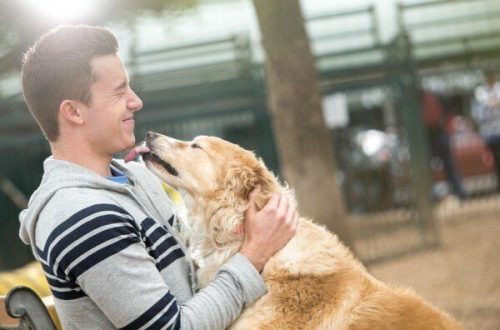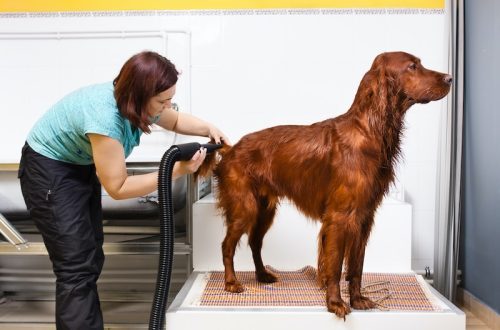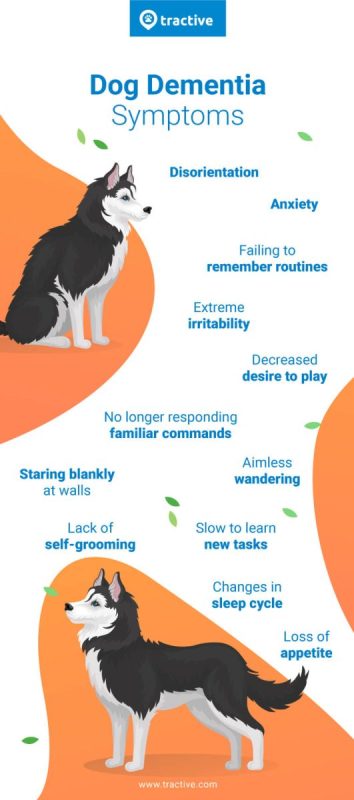
Teşhîs û dermankirina dementia di kûçikan de
As the pet ages, the owner may notice a decrease in activity and the ability to run and jump. Many owners are surprised to learn that animals can experience age-related changes such as memory loss. Canine dementia, also known as canine cognitive dysfunction (DDC), is becoming an increasingly common problem as advances in veterinary medicine have increased life expectancy in dogs.
Contents
The dog’s brain is getting old
According to the Journal of Veterinary Behavior, dogs with cognitive dysfunction experience the same brain changes as humans with Alzheimer’s and dementia. Despite the fact that Alzheimer’s disease is widely known, CDS has not received sufficient media coverage and is not always detected during a visit to a veterinary specialist. Unfortunately, many owners tend to view changes in their dog’s behavior as normal as they age and don’t even report the problem to their veterinarian. The changes associated with dog dementia are subtle, and gradual changes in the animal’s behavior are difficult to notice even for the most attentive owner.
Knowing the signs of dementia in your dog will help you recognize the problem early, discuss it with your veterinarian, and take early action to treat your dog. Dog owners need to be aware of the signs of aging in their pets.
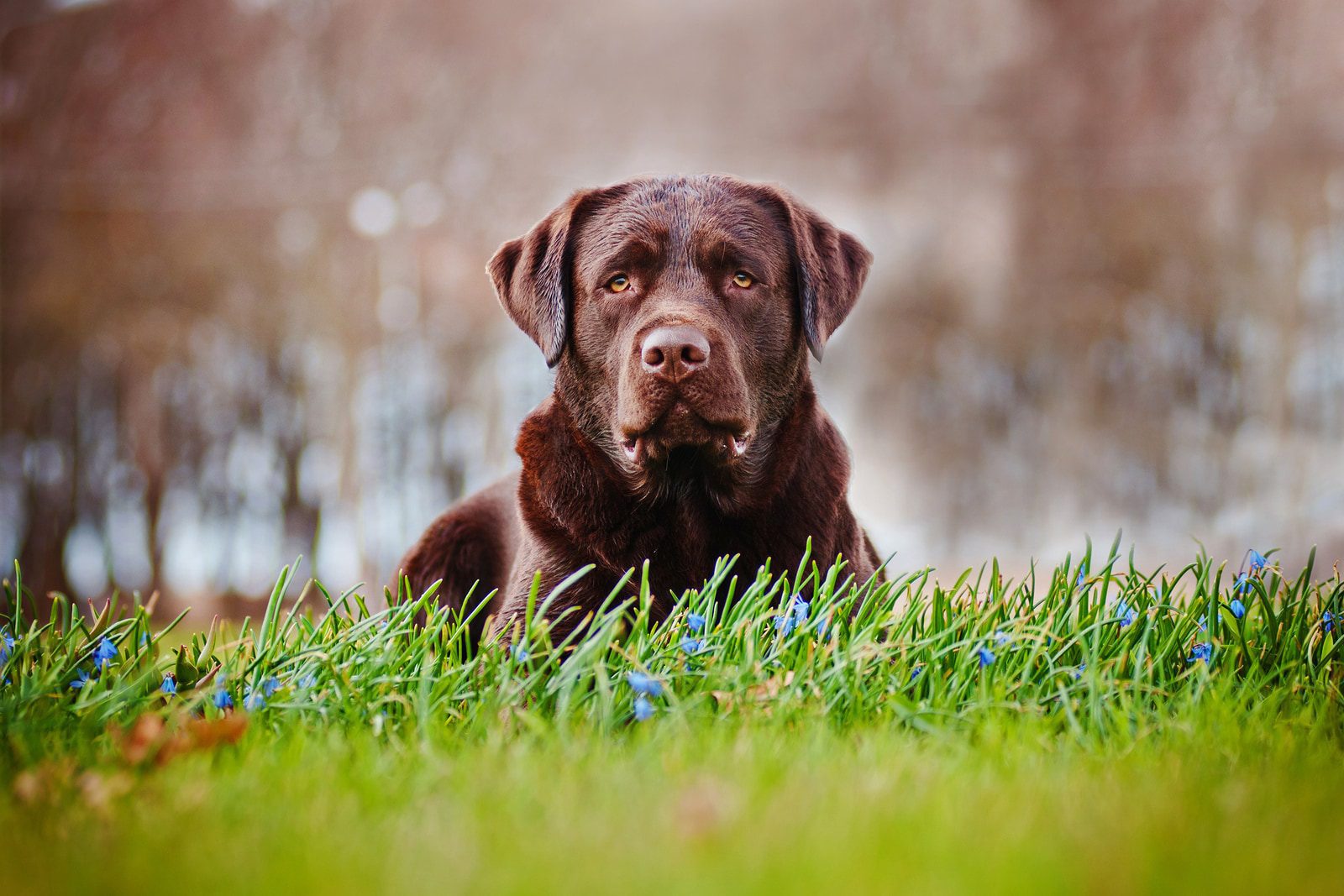
Signs of dementia in a dog
To diagnose canine cognitive dysfunction in a pet, use the list of DISH symptoms:
Derfkariyê
- Walks back and forth.
- Wandering aimlessly.
- Can’t find a way out of a room or gets stuck behind furniture.
- Looks lost in the yard or forgets the purpose of going outside.
- Does not recognize familiar people and dogs.
- Stops responding to calls and voice commands.
Têkiliya bi endamên malbatê re
- Less goes to contact (stroking, scratching the abdomen, games).
- Shows less joy when meeting.
- Does not meet family members at the doorstep.
Sleep and wake mode
- Sleeps more during the day, especially during the daytime.
- Sleeps less at night.
- Decreased activity during the day.
- Decreased interest in the environment.
- Restless, walking to and fro, or turning around at sunset (evening confusion).
- Gives a voice at night (barks or howls.)
Nepaqijiya li malê
- Relieves needs at home.
- Defecates in the house immediately after returning from the street.
- Stop asking to go outside.
- Shows uncleanliness right in the presence of the owner.
For cats, this list is extended by two items: activity change and restlessness and is called DISHAA.
Aliyên din
Not all of the above signs indicate that a dog has dementia. Similar symptoms of senile dementia can be observed in older dogs suffering from other diseases. Some have impaired vision and hearing, which can also cause confusion and reduced interaction with family members. Diseases in older animals such as diabetes, Cushing’s syndrome, kidney disease and incontinence can lead to uncleanliness in the home. An examination, blood pressure measurement, urine and blood tests, and a detailed medical history will help your veterinarian identify health problems in your pet that are accompanied by symptoms similar to those of DPT.
But no change in the dog’s behavior should break your strong friendship. Being aware of the problems caused by aging will help you adjust your activities so your pet can still feel your love. If your veterinarian has identified behavioral changes associated with canine cognitive dysfunction and other health problems, follow these guidelines.
Safety in evening confusion
People and dogs with dementia often experience disrupted sleep-wake cycles. Pets prone to evening confusion sleep more during the day, but stay awake, experience disorientation and anxiety at night. People with cognitive impairment easily lose their clarity of mind and often get lost, and dogs with dementia may walk back and forth or unknowingly wander away from home. For these reasons, people and pets with dementia should not be left unattended, especially in an unfamiliar place. The owner of the dog must ensure that it has an identification tag at all times and that it cannot escape from the owner’s home or property.
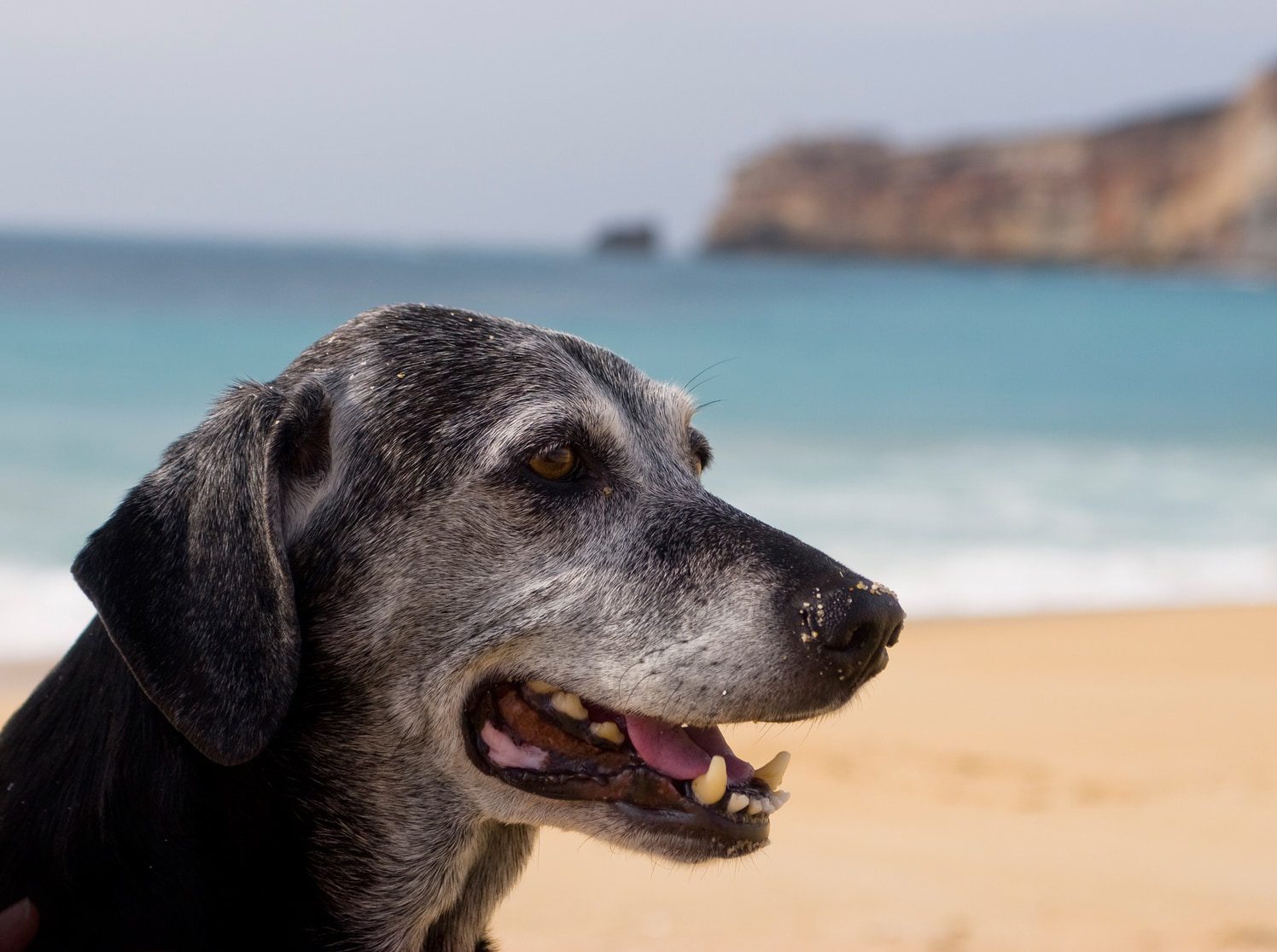
puddle problem
The loss of habits developed as a result of habituation to cleanliness in the house can lead to stress for both the animal and the household. You can move his toys and bed and put up a protective barrier to limit the area to a non-carpeted floor that is easier to clean and line with paper or absorbent pads. Diapers and absorbent underpants will also help prevent uncleanliness if your dog feels comfortable in them and you have time to change them frequently.
To avoid uncleanliness in the house, you can take your pet outside more often. Whatever happens, don’t scold your dog for violating the cleanliness of the house. The aging process can scare him as much as you. It may require your family to be creative, united and change their lifestyle, but together you can overcome the aging problem of your pet who has stopped keeping clean.
Treatment of KDS
In addition to uncleanliness in the house, another unpleasant and complex problem that accompanies dementia in dogs is sleep disturbance. The dog not only walks back and forth during the night, but often howls or barks while in a confused state of mind. Discuss with your veterinarian which medications and treatment strategies will help reduce anxiety and improve sleep.
Additional treatments for canine cognitive dysfunction include environmental enrichment and nutritional supplementation. Offer your pet interactive, educational games and automatic feeders. Physical exercise helps to drive away daytime sleepiness and stimulates the dog’s mental activity. A properly balanced diet high in omega-3 fatty acids will help protect brain cells from damage due to aging. Consult your veterinarian for advice on a dietary dog food that helps support cognitive function.
Along with a food designed to restore and maintain health, your veterinarian may be able to recommend a supplement to reduce the symptoms of dementia in your dog. You can discuss the use and possible side effects of the drug and see if it is right for your dog.
Cognitive dysfunction in dogs is a complex problem with no single solution. But with patience, compassion and care, you can overcome the challenges of dog dementia and provide your pet with a high quality of life in her old age.



